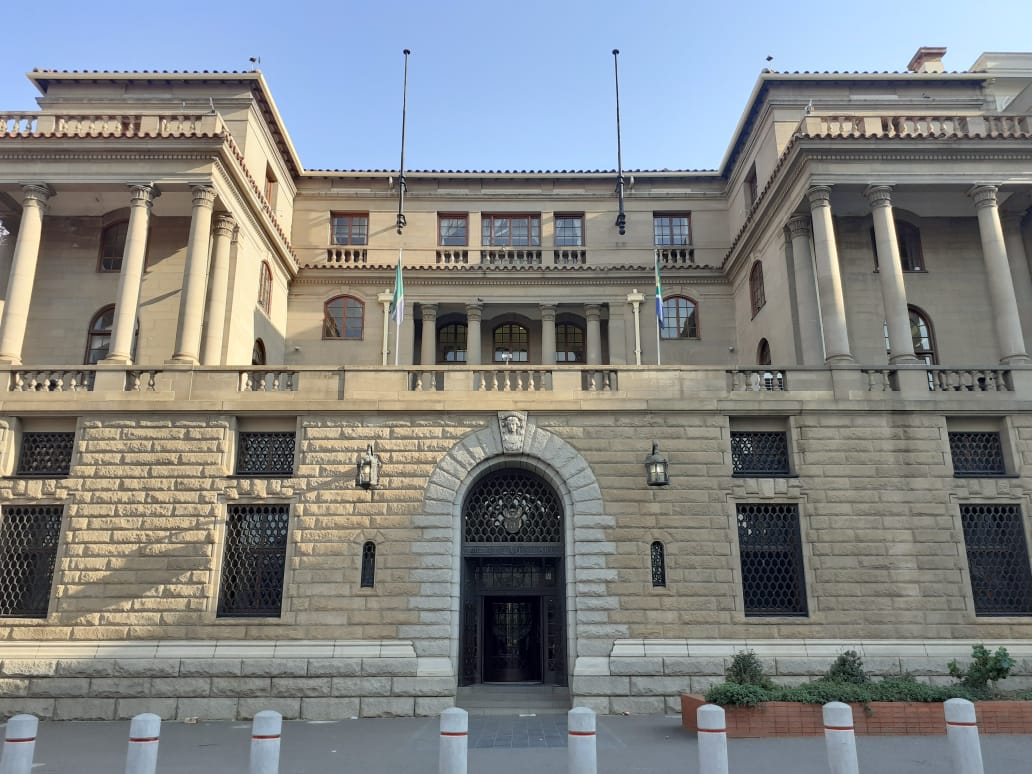Statistics South Africa (Stats SA) reported on June 8 that the South African economy expanded by 4.6 per cent on a quarter-on-quarter (q/q) seasonally adjusted annualized (saa) basis in the first quarter 2021 when measured from the production side. This was substantially better than the Reuters consensus forecast of 2.6 per cent growth. The miss was largely due to the financial sector for which Stats SA does not have the resources to provide a monthly release, unlike manufacturing, mining, trade and transport, where monthly data is available before the quarterly estimate is released.
The financial sector is the largest contributor in the economy and grew by 7.4 per cent q/q saa and contributed 1.5 percentage points to GDP growth. The fastest growing sector was mining with an 18.1 per cent surge, but as it is substantially smaller than the financial sector, it only contributed 1.2 percentage points to growth. If we exclude the financial sector, then growth was only 3.4 per cent.
As in 2020, the demand side fared relatively better and final sales, that is GDP excluding the change in inventories, only dropped by 4.5 per cent compared with an overall 7.1 per cent decline as measured from the expenditure side. The drawdown in inventories due to the restrictions on the production side meant that the inventory to GDP ratio fell to a record low of 8.2 per cent in the fourth quarter 2020 from 15.8 per cent in 2007. The need to replenish these inventories is one of the reasons why the South African Reserve Bank expects growth of 4.2 per cent this year.
In the first quarter 2021, inventories once again had to be drawdown as there was a slow start to the year in manufacturing which only grew by 1.6 per cent q/q saa as Level 3 lockdown restrictions were imposed in January due to the second wave in Covid-19 cases. There was a move to Level 1 restrictions in March, so two thirds of the first quarter had fairly severe restrictions. That is one of the reasons why the capacity utilisation of large manufacturers was only 74 per cent in February 2021.
Inventories were drawdown by ZAR 53.2 billion (at constant 2010 rand; $3.9 billion) in the first quarter. This was substantially less than the ZAR 117.5 billion ($8.664 billion) drawdown in the fourth quarter, so the smaller reduction in inventories added a massive 8.7 percentage points to GDP growth. Final sales therefore soared by 14.2 per cent q/q saa. The stronger than expected GDP growth rate and the exceptional final sales number prompted several economists to raise their GDP forecasts for the full year.
Nedbank chief economist Nicky Weimar was one economist who raised their 2021 GDP growth forecast.
“Given the stronger-than-expected outcome in the first quarter, we have revised our GDP forecast for 2021 higher. Although the outlook still depends on the virus’s progression, the economy looks likely to post growth closer to 4.9 per cent in calendar 2021, up from our earlier estimate of 4.4 per cent,” she told
Another economist who was veering towards an upgrade was Mike Schussler from economists.co.za.
“Of course it means that GDP should do better than the 4.4 per cent I expected. But I am aware that power cuts now are hurting trade in certain sectors again. Mining and manufacturing are being hit too. So I think I will leave my GDP growth forecast around the 4.5 per cent mark and not raise it too much. Now comes the hard part. How do we recover without enough power,” he told The BRICS Post. Although Eskom has had to institute Stage 2 load shedding for several days in the past few weeks due to the onset of winter which has raised demand, it hopes that the delayed return to service of the 900 Megawatt unit 1 of the Koeberg nuclear power station may mean that load shedding will be less likely in the third quarter.
The second quarter GDP release is due on 7 September, but before that Stats SA will release its rebasing and benchmark revisions.
“Values at constant prices will change from 2010 prices to 2015 prices, but values at current prices will also be affected as a result of benchmarking. The revised estimates for gross domestic product and related values will be published before the next quarterly GDP statistical release. Stats SA’s intention is to make the information available no later than the end of August 2021 (the date and time will be communicated during August),” Stats SA said in a notice.
Helmo Preuss in Makhanda, South Africa for The BRICS Post

































